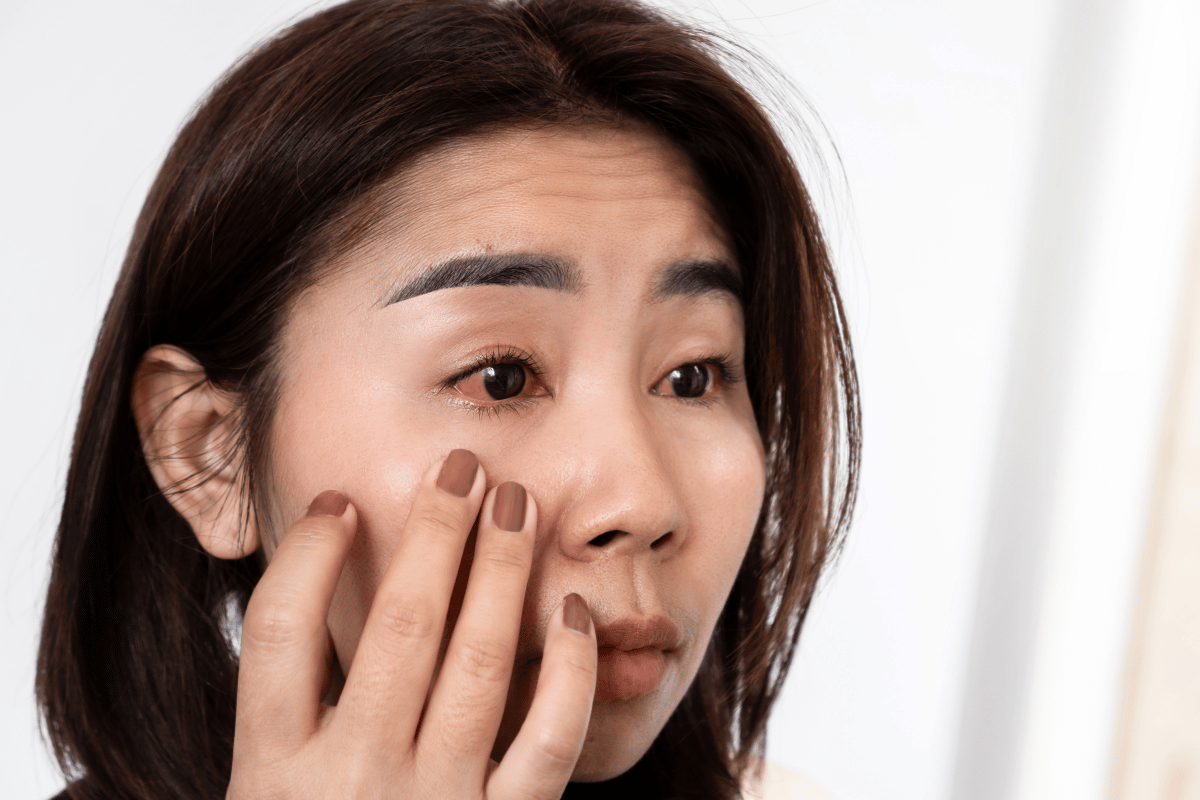Dry eye syndrome is a common issue that many people experience, often without realizing its potential causes. While we might be quick to blame screen time or the weather, there’s a lesser-known culprit that can contribute to dry eye—underlying medical conditions. In this blog, we’ll take a closer look at some of these conditions and how they can lead to dry eye symptoms, helping you understand more about what’s happening with your eyes.
Autoimmune disorders
Autoimmune disorders cause your immune system to mistakenly attack your own tissues, including the tear-producing glands. If you have an autoimmune condition like Sjögren’s syndrome, rheumatoid arthritis, or lupus, you might notice more dry eye symptoms. In particular, Sjögren’s syndrome causes dry eyes and a dry mouth because it affects the moisture-producing glands.
Diabetes
Dealing with diabetes can be challenging enough, and it can impact your eyes, too. This condition can lead to a variety of complications, including dry eye. High blood sugar levels can damage the nerves in your eyes, affecting how tears are produced. Additionally, diabetes can cause inflammation, which worsens dry eye symptoms.
Thyroid disorders
Thyroid issues, such as hyperthyroidism and hypothyroidism, can throw off your hormonal balance and affect your tears. For example, Graves’ disease, which is linked to hyperthyroidism, can cause inflammation around the eyes and worsen dry eye symptoms.
Allergies
Allergies are another common cause of dry eye. Allergens like pollen, pet dander, or dust can trigger an immune response, releasing histamines that cause inflammation and irritation. This can disrupt your tear production and lead to a dry, gritty feeling in your eyes.
Medications
It’s not just your health conditions that can lead to dry eye—sometimes, it’s the medications you take for those conditions. Antihistamines, decongestants, antidepressants, and blood pressure meds can all potentially dry out your eyes. If you suspect this might be the case, it’s worth talking to your doctor about other medication options.
Skin conditions
Skin issues like rosacea and eczema can also impact your eyes. For instance, ocular rosacea can inflame your eyelids and affect the meibomian glands, which help keep your eyes lubricated. When these glands are disrupted, it can lead to more tear evaporation and dry eyes.
Finding relief
If you think one of these conditions might be contributing to your dry eye, it’s time to talk to a healthcare professional. They can help identify the cause and suggest ways to manage it. Here are a few possible solutions:
- Artificial tears: Over-the-counter eye drops can offer quick relief by adding moisture to your eyes.
- Prescription medications: Your eye doctor might prescribe something to reduce inflammation or boost tear production.
- Lifestyle changes: Simple habits like taking breaks from screens, using a humidifier, or wearing wraparound sunglasses can provide relief.
- Treating the underlying condition: Managing the primary medical condition can often help reduce dry eye symptoms.
If your dry eye symptoms persist, reach out to us at True Focus Eye Care for dry eye treatment in Port Richey. We can determine what’s causing your dry eye symptoms and collaborate with your healthcare provider to offer a comprehensive approach to your care. We can help you find the right treatment that targets the underlying cause of your dry eyes for more effective relief. If you’re struggling with dry eyes, please schedule an appointment with us today.




